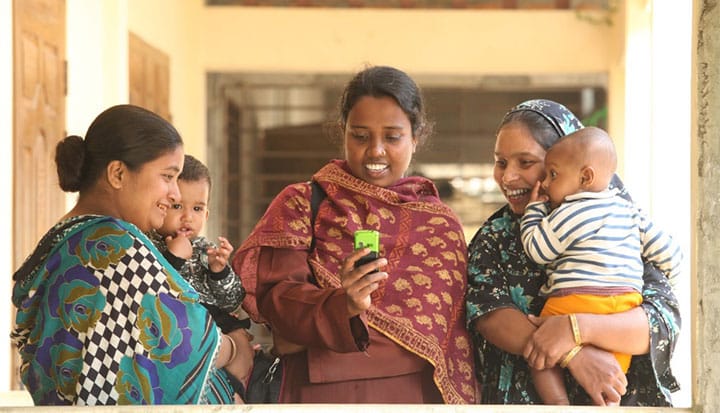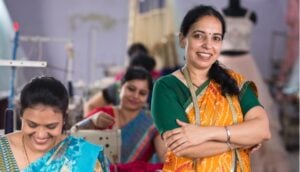By Natalie Africa, Senior Director, Private Sector Engagement, Every Woman Every Child, United Nations Foundation
On January 16th the Business and Sustainable Development Commission launched its groundbreaking report on global development entitled Better Business, Business World. A year in the making, the report outlines the business case for sustainable development, demonstrates the enormous economic and social gains of integrating the SDGs into core business models, and argues that there has never been a more urgent time for leaders to take drastic action to transform our market economy for people and the planet.
The Commission – comprised of 36 CEOs and civil society leaders – has sized the action, calculating that sustainable business models could open up at least $12 trillion of economic opportunities and create up to 380 million jobs by 2030. It is a call to action to business leaders and argues that the adoption of sustainable business practices over the next 15 years will be as significant and disruptive as the move to digital technologies was over the last 15 years.
The report emphasizes four central messages: Firstly, that the world’s current economic model is deeply flawed. Inequality, the growing impact of climate change, pervasive corruption and armed conflict contribute to increased uncertainty and risk. The anti-globalisation sentiment of 2016 is a result of unequal growth and unsustainable business practices. Markets need a new operating system that works within safe planetary boundaries and does a better job of extending prosperity to all.
The second message is that the Sustainable Development Goals offer a compelling new growth strategy to reverse this trend, and drive innovation, growth and development at unprecedented scale. The potential prize for business is significant. New research reveals that meaningful investment in 60 sustainable and inclusive market ‘hotspots’ in just four key areas: energy; cities; food and agriculture; health and wellbeing could create the $12 trillion in business value by 2030 – equivalent to 10 percent of forecast GDP while generating 380 million jobs, mostly in developing countries.
But investment in these hotspots needs new forms of finance. While innovative financing can unlock the US$2.4 trillion needed from diverse sources of public and private investment to advance inclusive growth and sustainability, much of this potential funding is currently squirreled away in savings accounts. Unlocking this funding requires simplified ESG reporting, new Global Goals financing benchmarks, targeted regulation and enhanced public and private collaboration to drive financial innovation.
Finally, the Report calls for business to forge a new social contract with government and society in order to regain trust and restore legitimacy. Sustainable job creation, treating people fairly and with dignity and putting a price on environmental and social externalities will create stronger markets, drive greater stability and protect society and environment alike. The result will be a better business and a better world from 2030 and beyond.
So how do we get there?
The report proposes a number of measures that governments can take to promote business investment in the SDGs. These include creating enabling environments that encourage private sector growth and investment while promoting good governance and accountability, including for social and environment externalities. Governments need to take on more financial risk to create regulatory conditions that encourage funding from business and other sources. Civil society is also recognized as critical to the process; civil society organizations can monitor institutions and ensure transparency and respect for national and international laws by all players while promoting advocacy and dialogue across sectors.
For its part, the Business & Sustainable Development Commission is not planning to end its work with the publication of the report. The Commissioners plan to mentor and train future business leaders in how best to lead and maintain sustainable economies; they plan to create sectoral transformation roadmaps to take forward the report recommendations; create league tables to rank corporate performance against the Global Goals; take steps to unlock new sources of financing both public and private, and explore the idea of an independently compiled Responsible Political Engagement Index to measure transparent and fair political engagement.
The work of the Commission demonstrates the marked shift that has taken place between the MDGs and the SDGs; we can see a substantively more pro-active and purposeful approach from business towards recognizing its role in driving sustainable economic development and leveraging core business assets. For effective transformation to take place, we need this approach to be encouraged not only on global level, but on national and local levels too.










